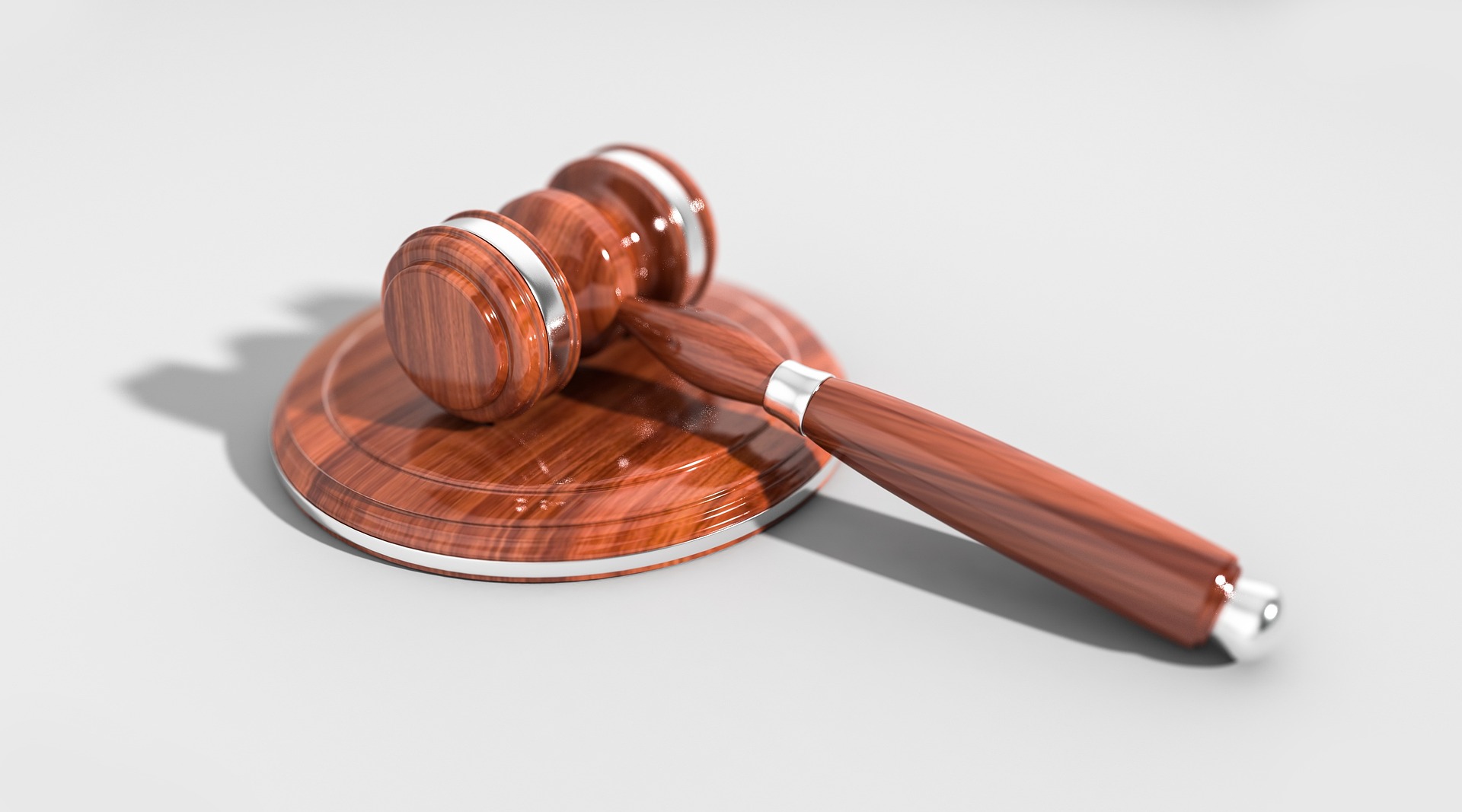The Influence and Impact of Whistleblower Laws in the United States
Introduction: Our focus today is on the pivotal yet often controversial role of whistleblower laws in the United States. This article will delve into the origins, evolution, and current status of these laws, and explore their profound impact on American society and governance.

Origins and Evolution of Whistleblower Laws:
The roots of whistleblower laws in the U.S. can be traced back to the Lincoln Administration during the Civil War era. The False Claims Act of 1863, often referred to as the Lincoln Law, was enacted to combat fraud against the government. It included qui tam provisions, allowing private citizens to file lawsuits on behalf of the government and share in the recovery of funds. Over the years, these laws have evolved and expanded to encompass a wider range of misconduct and to offer better protection to whistleblowers.
The Modern Whistleblower Laws:
Today, there are several federal laws that protect whistleblowers, including the Sarbanes-Oxley Act (2002), Dodd-Frank Act (2010), and the Whistleblower Protection Act (1989, strengthened in 2012). These laws offer varying degrees of protection to individuals who disclose information about wrongdoing in different sectors - financial, corporate, and public service, among others.
Implications of Whistleblower Laws:
Whistleblower laws have significant implications for transparency and accountability in both private corporations and public institutions. By incentivizing individuals to report unethical or illegal practices, these laws aim to unearth misconduct that might otherwise remain hidden. This not only helps maintain honesty and integrity in various sectors but also strengthens public trust in these institutions.
Impact on Society:
The impact of whistleblower laws on society is profound. High-profile cases, such as those involving Edward Snowden and Chelsea Manning, have sparked intense public debates on issues like government surveillance, public interest, and individual rights. On the flip side, these laws have also been criticized for their potential misuse and the possibility of false accusations.
Current Developments and Future Directions:
The landscape of whistleblower laws continues to evolve, driven by developments in technology, shifts in political climate, and changing societal attitudes. One emerging trend is the growing recognition of the need to protect whistleblowers in non-traditional sectors, such as gig economy workers. The future of these laws will likely continue to be a dynamic interplay of legal, ethical, and societal considerations.
In conclusion, whistleblower laws play a crucial role in American society, shaping transparency, accountability, and public trust in key institutions. Their continued evolution will undoubtedly remain a subject of considerable interest and intense debate.




